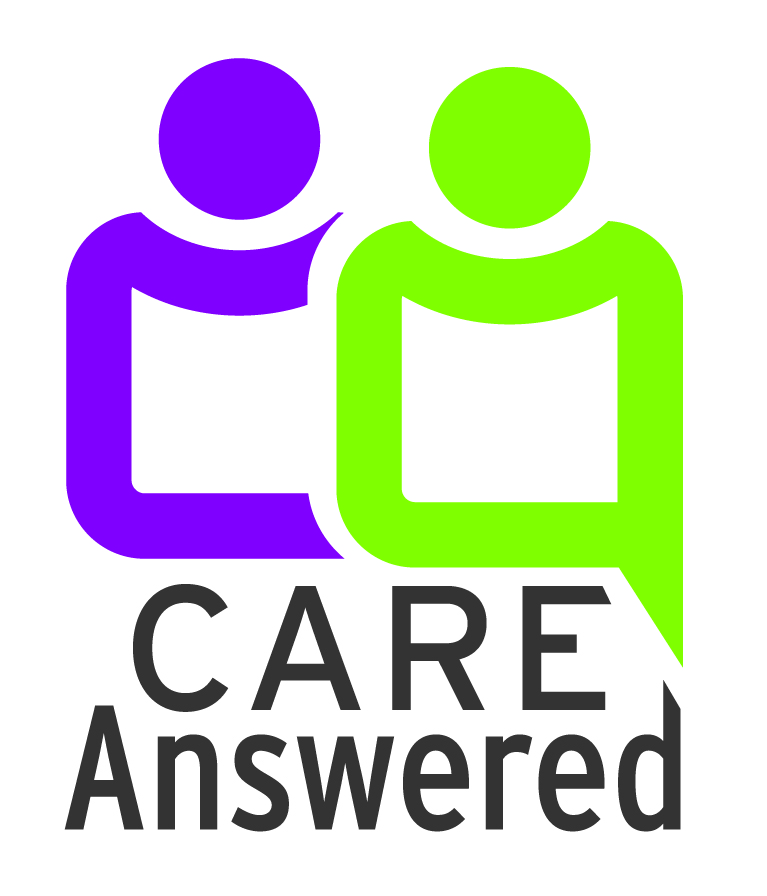Until very recently, those diagnosed with Alzheimer’s disease had very few treatment options. While the disease is progressive and there is still no cure, the Food and Drug Administration (FDA) recently granted approval to two new medications that, for the first time, target what is believed to be the biological cause of Alzheimer’s – the build-up of beta-amyloid plaque in the brain.
Aducanumab, marketed as Aduhelm®, has received accelerated approval for the treatment of early Alzheimer’s disease. It is the first medication that has shown promise in improving brain function by removing beta-amyloid from the brain. Lecanemab, sold as Leqembi®, acts in a similar manner to remove beta-amyloid from the brain. Leqembi has received full FDA approval to treat early Alzheimer’s disease.
Both medications are intended to be used in patients with mild cognitive impairment or mild dementia due to Alzheimer’s, and both require confirmation that the patient has elevated beta-amyloid in the brain. This is done through diagnostic testing such as cerebrospinal fluid analysis or brain scans.
Neither medication has been tested on patients who are at more advanced stages of disease. In addition, neither drug has been shown to reverse the damage already caused by Alzheimer’s. However, both appear to slow the progression of the disease, allowing those with early stage Alzheimer’s to enjoy more time to live independently and retain memories.
Treating the Symptoms
While Aduhelm and Leqembi both target the underlying cause of Alzheimer’s, there are several other medications that help manage memory loss and cognitive decline, both symptoms of the disease. Three medications, Aricept®, Exelon® and Razadyne® are approved to treat Alzheimer’s symptoms. All three work by preventing the breakdown of acetylcholine, a chemical messenger in the brain. Nemenda® is another medication often prescribed to treat moderate to severe Alzheimer’s disease. It works by regulating glutamate, another brain chemical that is important in information processing. Namzaric® is a third class of drugs that also targets brain messenger chemicals.
Targeting Behaviors
People with dementia often exhibit challenging behaviors as the disease progresses. They may have difficulty sleeping, or experience agitation, hallucinations and delusions. Sometimes doctors will prescribe antipsychotic medications “off-label.” This means that they elect to use medicines which have been approved for treating psychiatric disorders but are not specifically approved for Alzheimer’s patients. Experts urge caution in using antipsychotics to treat patients with Alzheimer’s disease and dementia because these medications have been associated with an increased risk of death in older patients with dementia.
The Bottom Line
While progress continues to be made, Alzheimer’s disease remains one of the most devastating illnesses. Its impact is felt not only by the patient, but by the entire family. The demands of caregiving are tremendous and only increase as the disease progresses. If you or someone you know is struggling to care for a loved one with Alzheimer’s, reach out to Care Answered at any time. We advocate for patients and families and provide the support you need. Email us at [email protected] or call 516-584-2007.
Sources:
National Institute on Aging
US Food and Drug Administration
Alzheimer’s Association
Walk to End Alzheimer’s Sunday October 22, 2023
Join Care Answered’s team: Care Answered/Greene Strong or donate to support.


